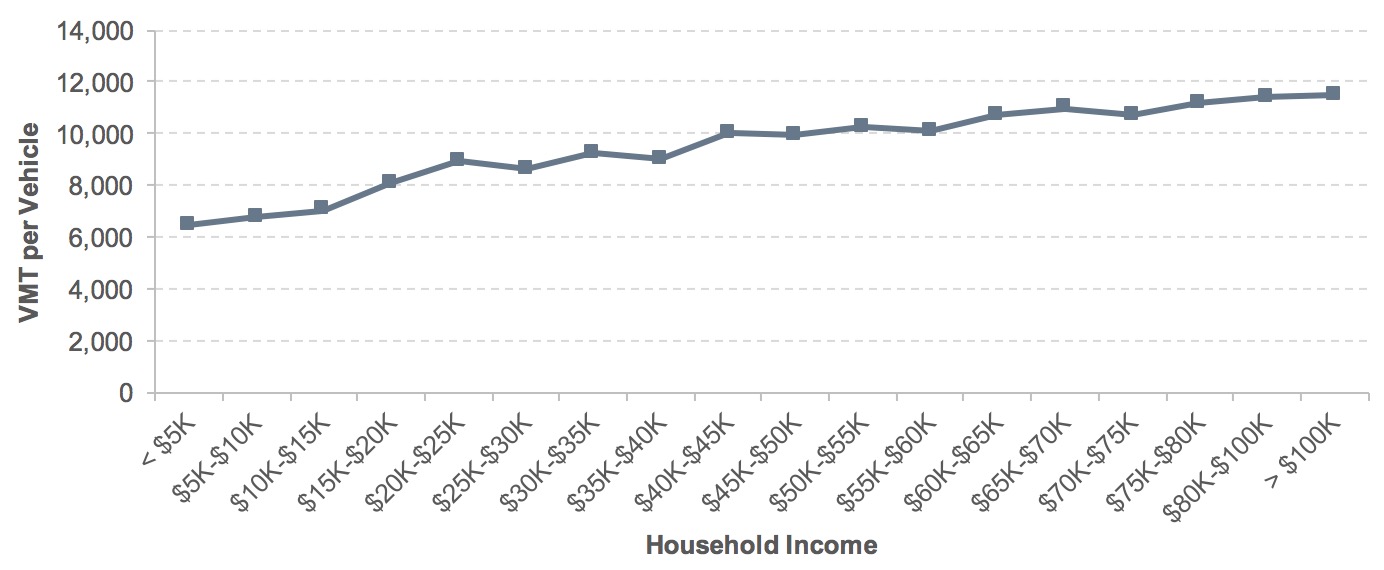So it's unfortunately not actually a sale until the judge approves it, it's just an accepted bid.
Sorta like when buying a car. The salesman tells you the price for the vehicle, overpriced perks, and how much your trade in is worth, and you accept the final price. Then the salesman has to get the floor manager to agree, which they always do, because they're the ones with authority to approve the sale. Then you can sign the paperwork and exchange money and you've actually processed the sale. Until then either party can walk away for any reason.
In this case, it's like the floor manager rejected the sale because the cash part of the sale price was less than MSRP, and they didn't think the trade in value mattered.
It's not common for the sale to get rejected, and it's even weirder for them to reject "not cash" instead of paying attention to value.
The judge saying the estate can't accept debt forgiveness in lieu of cash is just odd, since it reduces the debt more than the cash would.



No idea, and not entirely sure why it matters. If your goal is to sell an asset and maximize proceeds, it's a known and unsurprising strategy, particularly since it gives higher returns when there are few bidders.